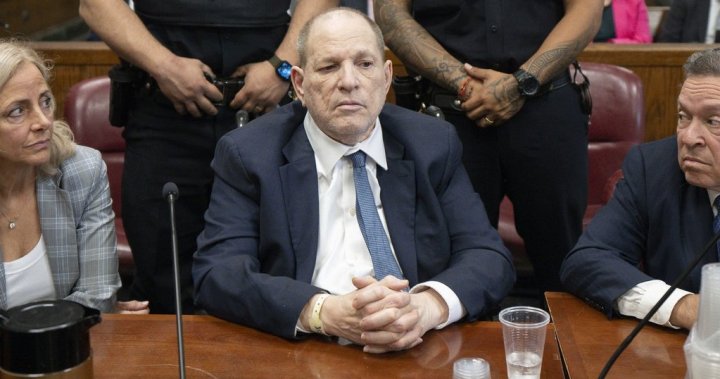Harvey Weinstein, the former Hollywood executive whose criminal case significantly influenced the #MeToo movement, was found guilty on June 11, 2025, of criminal sexual assault stemming from a 2006 incident during a high-profile retrial in New York. This conviction follows the overturning of his 2020 rape conviction by a New York appeals court in April 2024, which led to the renewed legal proceedings revisiting multiple allegations of sexual misconduct against him. The retrial concluded with Weinstein convicted of one count of criminal sexual assault, acquitted of another, and a hung jury on a separate rape charge.
Details of the Retrial and Verdict
The retrial of Harvey Weinstein commenced in early 2025 after the New York Court of Appeals vacated his previous conviction in April 2024 due to procedural issues in the original trial. The case focused on multiple allegations of sexual misconduct against Weinstein, with the main charge relating to an incident that allegedly took place in 2006. After several weeks of testimony and deliberation, the jury reached a verdict on June 11, 2025.
Weinstein was found guilty of one count of criminal sexual assault, reflecting non-consensual sexual contact that occurred during the 2006 incident. However, he was acquitted on a second criminal sexual assault charge. The jury was unable to reach a unanimous decision on a separate rape charge, resulting in a hung jury on that count and leaving the possibility of a future retrial open.
Impact on the #MeToo Movement and Legal Precedents
Harvey Weinstein’s original conviction in 2020 was a watershed moment that significantly amplified the #MeToo movement, encouraging survivors of sexual misconduct to come forward and seek justice. The overturning of the conviction in 2024 sparked renewed debate about the challenges of prosecuting sexual assault cases, including concerns about trial procedures and evidentiary standards.
The latest conviction in 2025, albeit on a narrower charge, reaffirms the legal accountability for sexual offenses committed by powerful individuals in the entertainment industry. Legal experts suggest that this verdict could influence future prosecutorial approaches and victim support policies nationwide.
Statements from Key Parties
Following the verdict, prosecutors expressed satisfaction with the jury’s decision, emphasizing their commitment to holding abusers accountable. A spokesperson stated, “The conviction sends a clear message that sexual assault will not be tolerated, regardless of the perpetrator’s social or economic status.”
Weinstein’s defense team, meanwhile, indicated their intention to review all legal options, including a potential appeal, asserting that Weinstein maintains his innocence. Representatives for Weinstein declined further comment at this time.
Advocacy groups for survivors of sexual assault also responded, noting that while the verdict was a positive step, it underscores the ongoing need for systemic reforms to better support victims and ensure fair trials.
Next Steps and Ongoing Legal Considerations
The hung jury on the rape charge leaves open the possibility of another trial on that count, pending decisions by the prosecution. In addition, legal analysts expect that Weinstein’s defense may pursue further appeals based on aspects of this recent trial.
Observers highlight that this case continues to be closely watched not only for its legal implications but also for its cultural impact in addressing sexual harassment and assault in high-profile industries.
In conclusion, Harvey Weinstein’s 2025 conviction for criminal sexual assault marks a significant moment in the ongoing pursuit of justice for survivors of sexual misconduct. While the verdict addresses some allegations from the 2006 incident, the unresolved rape charge and potential for further legal action indicate that this case remains complex and evolving. The outcome reinforces the broader societal and legal implications established by the #MeToo movement, highlighting the need for continued vigilance in prosecuting sexual offenses and supporting victims. As legal proceedings potentially continue, the case serves as a crucial reference point for how the justice system handles high-profile sexual assault cases and the challenges involved in securing accountability.

